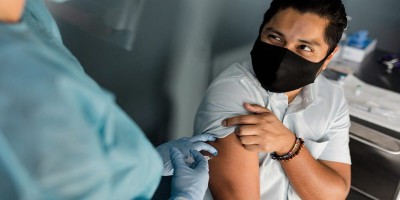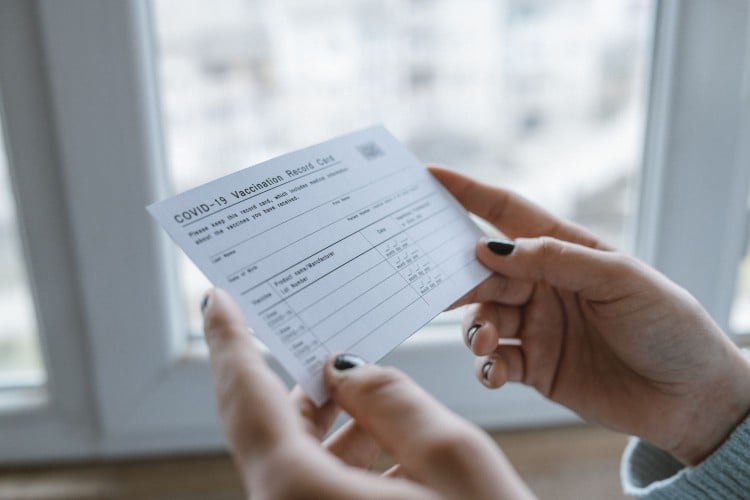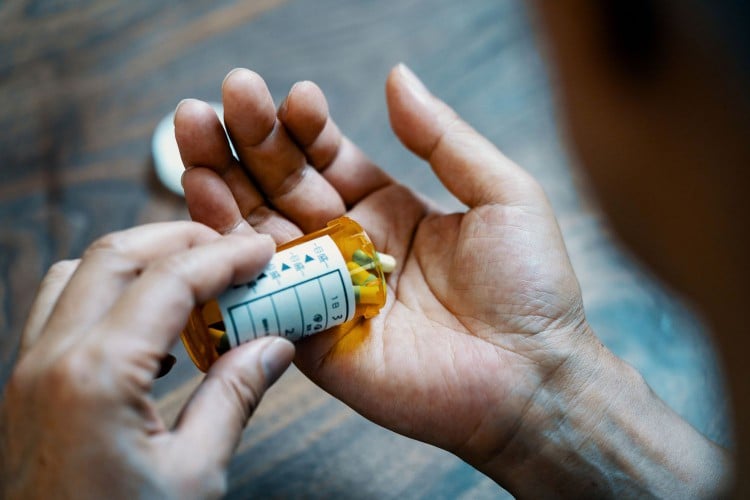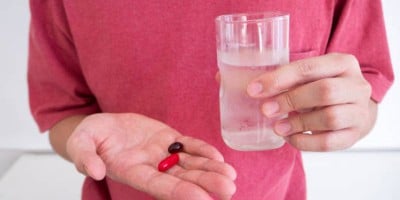
You probably already know that the COVID-19 vaccination often causes unpleasant symptoms, such as soreness at the injection site, fever, and exhaustion. It's not ideal to spend the day following a vaccine feeling unwell.
Some drugstores provide information on how to lessen the severity of symptoms before and after receiving the COVID-19 injection. To "possibly decrease any adverse effects," RiteAid recommends that customers "eat a nutritious meal and drink" before their immunization appointment.
Similarly, CVS recommends that patients "drink at least 16 ounces of water [one] hour before your visit to help reduce adverse effects" before receiving a vaccination.
What Is Hydration, and Why Is It Important?
According to the Centers for Disease Control and Prevention, being hydrated implies having enough fluid in your body for the various systems to perform correctly and avoid the symptoms of dehydration (CDC).
Doctor William Schaffner, an expert in infectious diseases and a professor at the Vanderbilt University School of Medicine, told Health that staying hydrated benefits the body.
According to the American Heart Association, getting enough water helps the heart pump blood more smoothly, and the muscles operate more effectively (AHA). The Centers for Disease Control and Prevention list several other benefits of water as well:
- Preserving a steady temperature
- Cushioning joints and lubricating
- Shielding delicate structures such as the spinal cord
- Excreting toxins from the body by means including sweat
Can Hydration Reduce COVID-19 Vaccine or Booster Side Effects?

In his own words, Dr. Schaffner stated, "...there's no particular research to show that consuming 16 ounces of water or anything else can, in any way, strengthen your immune system or specifically mitigate adverse effects." However, it's always a good idea to remain hydrated.
Those who get the vaccination and later experience a fever as a side effect are encouraged by the Centers for Disease Control and Prevention (CDC) to drink plenty of fluids.
However, neither the vaccine manufacturer nor the government recommends that recipients consume any particular amount of water before or after receiving the shot.
However, CVS does recommend drinking water before receiving your immunization to lessen the likelihood of fainting during the injection.
After witnessing several cases of fainting following the delivery of a COVID-19 vaccine, CVS spokesperson Matt Blanchette informed Health that the company would begin including a request to drink water in its vaccination appointment reminder emails. Forewarning against COVID-19 by drinking enough water is a good idea.
Immunization and Hydration
Drinking water before or after an injection has not been tested in randomized clinical studies to determine its effect on antibody levels or other immune responses. Understanding this issue is challenging due to the dual nature of the immune response.
Over time, it aids the body in developing robust resistance to the infection. Vaccines also trigger the "innate" immune response, responsible for the temporary symptoms some people experience shortly after vaccination.
Increased Vaccination Rates

How much water we need, how to detect dehydration, and if we need to be diligent about drinking, in general, are all topics that fall into a more extensive set that includes concerns about hydration and vaccination response.
Statistics imply that older persons are more at risk for chronic dehydration, although its prevalence is unknown. There is also disagreement on the best way to gauge your hydration level. Kemper suggests that thirst alone might be sufficient.
He argues, "Evolution over millions of years has conditioned us to drink when we need it most." You may rely on your internal motivation on a typical day to quench your hunger. The same is undoubtedly true on national vaccination day.
More on Hydration Before and After Vaccinations
Water won't be a prophylactic measure for any post-COVID-19 vaccination side effects, but it could make you feel better, which might help if you end up with side effects.
For the best possible post-vaccination experience, Dr. Adalja recommends drinking plenty of water before, during, and after vaccination. So, for instance, "you will feel worse and probably get more dehydrated," Dr. Adalja said of receiving the immunization while already suffering from dehydration.
Dr. Thomas Russo, who heads up the infectious disease department at UB, concurs. Dr. Russo told Health that dehydration could "exacerbate a headache," thus it seems to reason that someone experiencing symptoms like a fever would want to stay hydrated. Dr. Russo cautioned, "there is no research to show that this will help with the COVID-19 vaccination."








